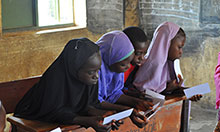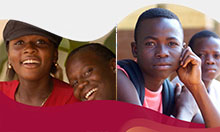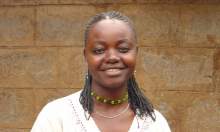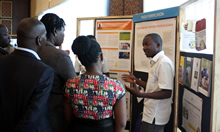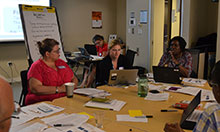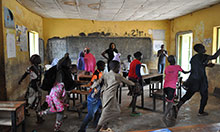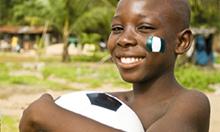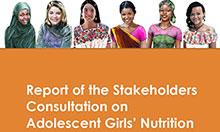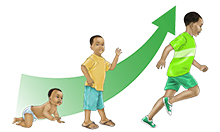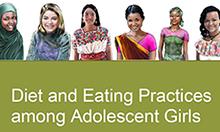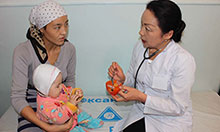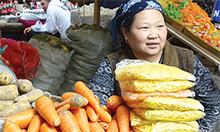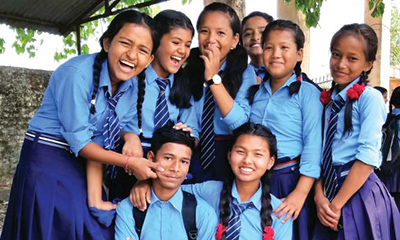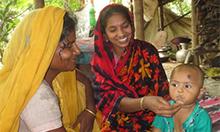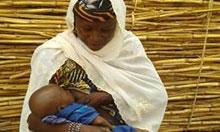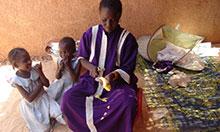
Adolescence marks a critical period of biological and psychosocial growth and development that is unique from other phases in the lifecycle. To date, there is little good-quality evidence on diets and eating practices of adolescent girls in low- and middle-income countries. Given the gap in global nutrition guidance for adolescents and women of reproductive age, SPRING has partnered with the Pan American Health Organization (PAHO), the World Health Organization (WHO), the United States Agency for International Development (USAID), the USAID-funded Food and Nutrition Technical Assistance III Project (FANTA), and other leaders in the field to identify key diet and eating practices for this group and explore effective options for promoting them.
This work includes determining adolescent girls’ dietary intake, understanding related macro- and household-level factors, strategizing recommendations for improvement, encouraging advocacy, and improving research. SPRING is working to identify and promote nutrition programming and development programs that target adolescents’ diet and eating practices.
We are committed to building the focus on adolescent girls and women of reproductive age. SPRING has worked to identify major gaps in the global community’s understanding of adolescent girls’ nutritional status and nutrition-related behaviors and has drafted guidance for USAID and other implementing partners to better promote adolescent girls’ nutrition through existing programs and systems. We are currently partnering to develop more comprehensive global guidance on diet and eating practices of adolescent girls with the WHO.
